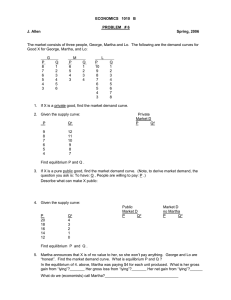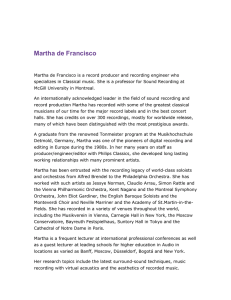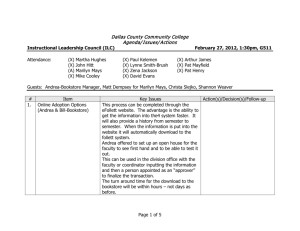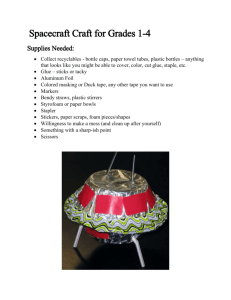SME ADULT OBESITY – Case Study #1 A 52-year
advertisement
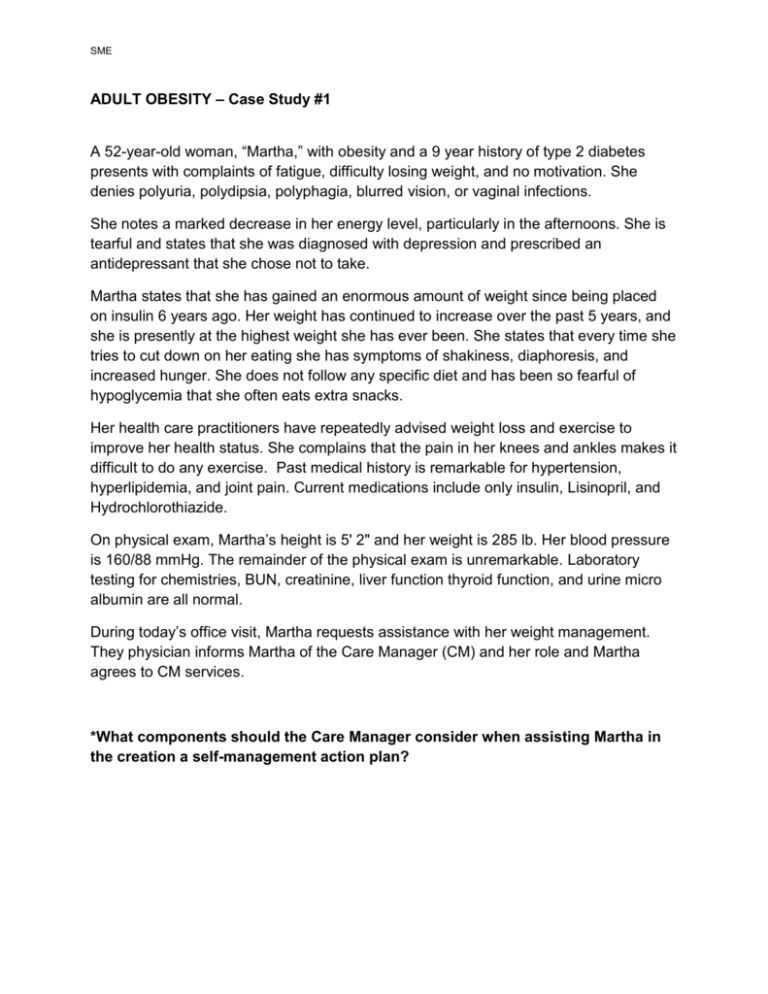
SME ADULT OBESITY – Case Study #1 A 52-year-old woman, “Martha,” with obesity and a 9 year history of type 2 diabetes presents with complaints of fatigue, difficulty losing weight, and no motivation. She denies polyuria, polydipsia, polyphagia, blurred vision, or vaginal infections. She notes a marked decrease in her energy level, particularly in the afternoons. She is tearful and states that she was diagnosed with depression and prescribed an antidepressant that she chose not to take. Martha states that she has gained an enormous amount of weight since being placed on insulin 6 years ago. Her weight has continued to increase over the past 5 years, and she is presently at the highest weight she has ever been. She states that every time she tries to cut down on her eating she has symptoms of shakiness, diaphoresis, and increased hunger. She does not follow any specific diet and has been so fearful of hypoglycemia that she often eats extra snacks. Her health care practitioners have repeatedly advised weight loss and exercise to improve her health status. She complains that the pain in her knees and ankles makes it difficult to do any exercise. Past medical history is remarkable for hypertension, hyperlipidemia, and joint pain. Current medications include only insulin, Lisinopril, and Hydrochlorothiazide. On physical exam, Martha’s height is 5' 2" and her weight is 285 lb. Her blood pressure is 160/88 mmHg. The remainder of the physical exam is unremarkable. Laboratory testing for chemistries, BUN, creatinine, liver function thyroid function, and urine micro albumin are all normal. During today’s office visit, Martha requests assistance with her weight management. They physician informs Martha of the Care Manager (CM) and her role and Martha agrees to CM services. *What components should the Care Manager consider when assisting Martha in the creation a self-management action plan?
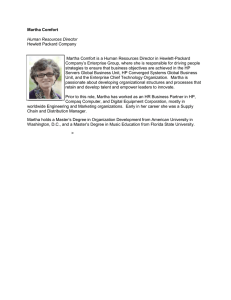
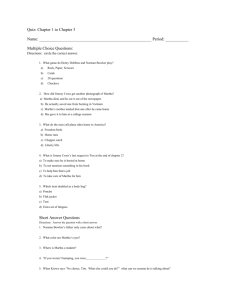

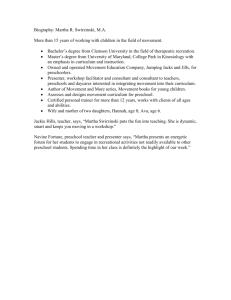

![Hebrews 09.01-07 [Zachalo 320]](http://s2.studylib.net/store/data/017858554_1-4267802c89f8c68748bae7d70e8f959d-300x300.png)
